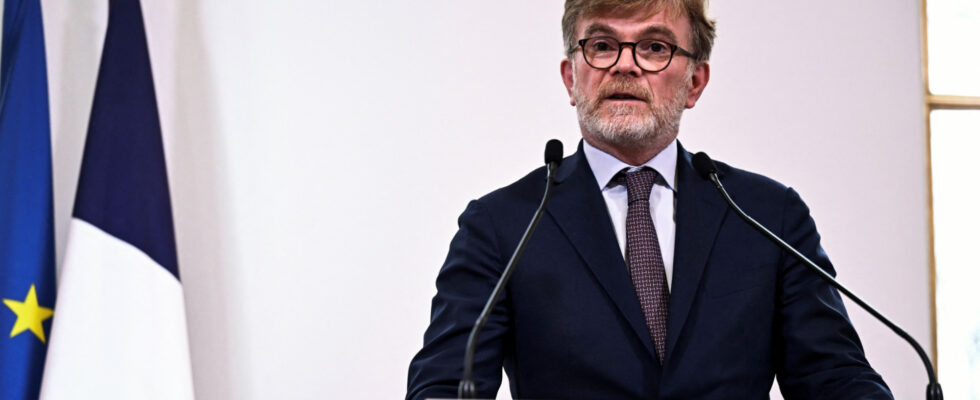The government will “pause” the Ecophyto plan which must set objectives for reducing the use of pesticides and crystallizes the anger of producers of large crops, announced Thursday the Minister of Agriculture Marc Fesneau. “We are therefore going to rework the Ecophyto plan, putting it on hold, the time to rework a certain number of aspects, to simplify it,” declared Marc Fesneau during a press conference.
Prime Minister Gabriel Attal had said a little earlier that Ecophyto would be “shut down while a new indicator is put in place”, while the central indicator of the plan, Nodu, which measures the use of molecules by farmers, is contested by agricultural organizations.
The “Ecophyto 2030” plan rejected outright by producers
A new government strategy, called “Ecophyto 2030”, was under consultation. It aims to halve the use of pesticides by 2030 (compared to 2015-2017) and to accelerate the search for alternative solutions. This plan was immediately rejected by producers of major crops (cereals, oil seeds, sugar, beets).
The first Ecophyto, launched in 2008, already aimed to halve the use of pesticides (herbicides, insecticides, fungicides) in 10 years, an objective constantly pushed back in successive versions of the plan. Marc Fesneau also announced that the government would appeal in procedures concerning “non-treatment zones” (or ZNT) with pesticides, i.e. the safety distances to be respected near homes or waterways. The Orléans administrative court annulled at the beginning of January prefectural decrees from five departments approving departmental charters setting the conditions for the implementation of these ZNTs.
Gabriel Attal also targeted the independent health agency Anses without naming it by affirming his desire to “get out of a situation where our health agency” bans a molecule of phytosanitary product in France before it is banned in the EU , as was the case for the herbicide S-metolachlor.
